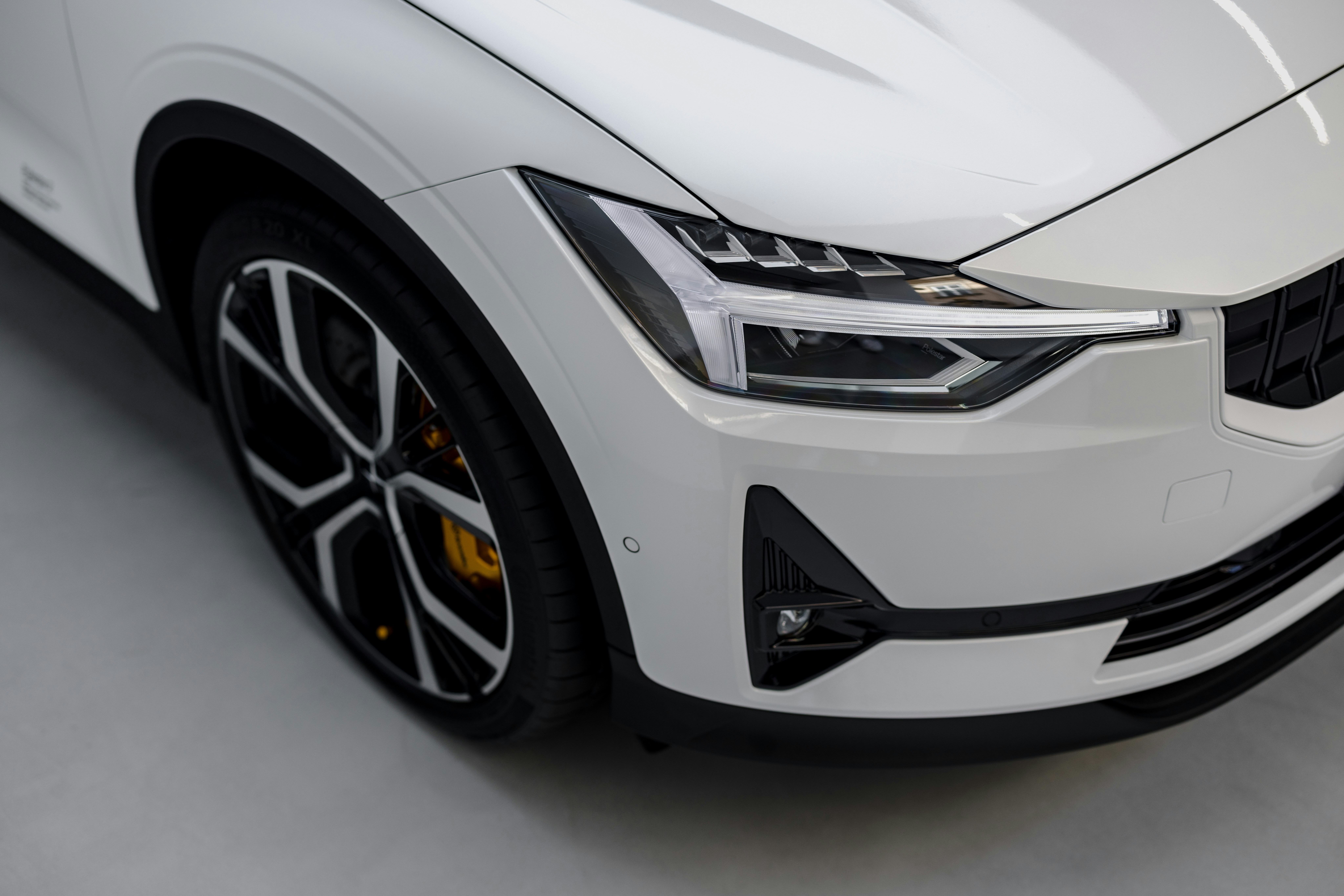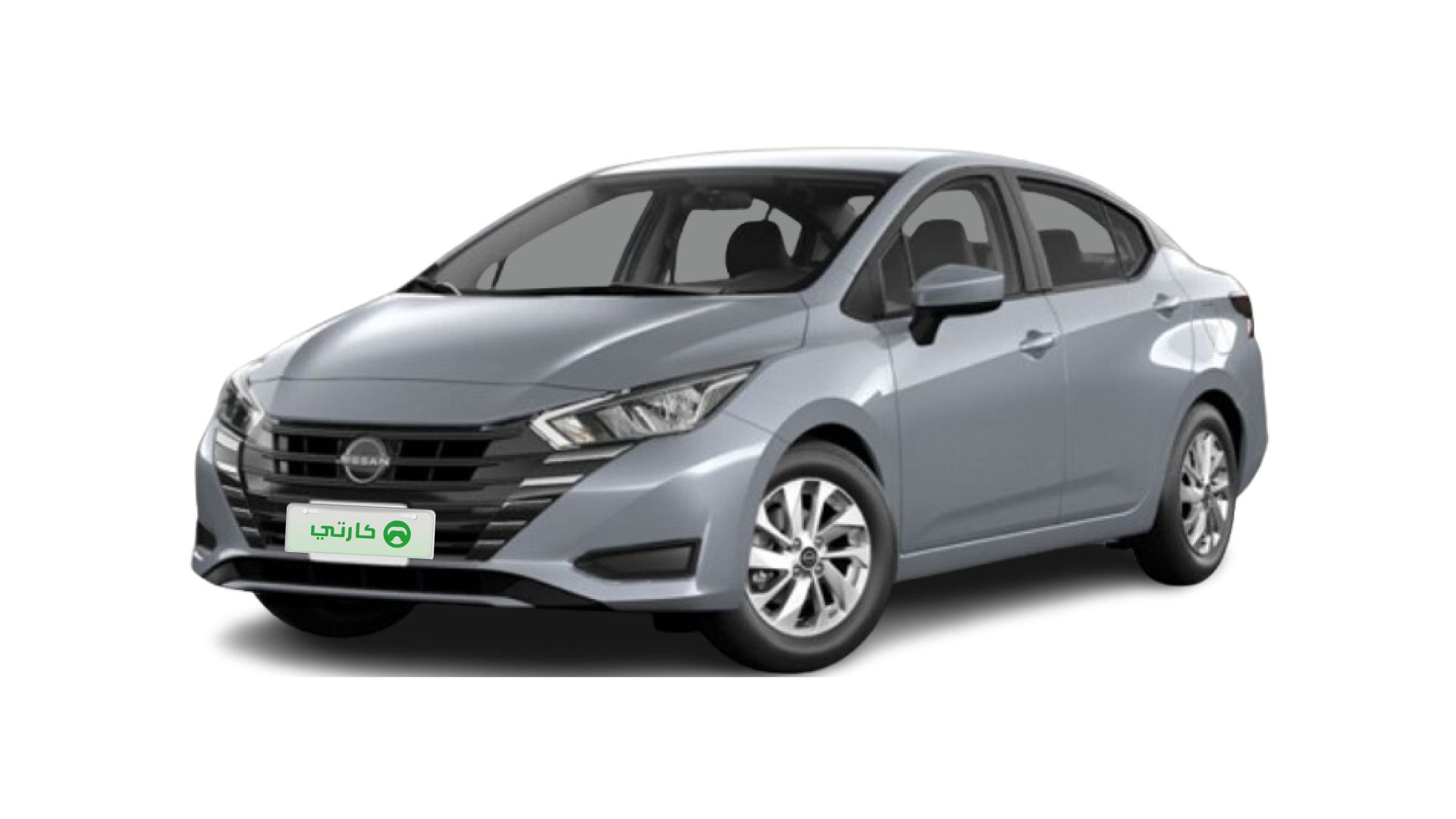Welcome to our detailed guide on Corolla 2023 Horsepower. In this article, you will discover expert insights about engine specifications, fuel efficiency, and maintenance tips tailored to your daily driving needs in the Gulf region. Get ready to learn useful techniques that can enhance your driving experience!

How to Verify Your Corolla's Actual Horsepower
Three Quick Verification Methods
Examine the engine bay plate. Open your hood and look for the plate that clearly displays the engine details. For example, the 1.8L version often shows around 138 hp while more robust 2.0L engines can reach up to 169 hp. This simple check gives you a quick insight into your vehicle’s performance.
Use an OBD-II scanner to read real-time data. Many service centers across the UAE offer complimentary scans, so you can easily measure your horsepower under various load conditions. This method helps you verify the numbers provided by the manufacturer while incorporating advanced engine specs.
Check your VIN on the official Toyota Middle East website. By entering your Vehicle Identification Number, you can retrieve detailed technical information including horsepower, fuel efficiency, and even service history. This secure online system uses GCC-certified data to provide precise information.
In Dubai, some owners have observed that the hybrid version outputs between 121 to 132 hp during city driving, especially when using air conditioning at full capacity. Such real-life data is practical for anyone considering performance comparisons.
2025 Model Mainstream Versions Comparison
Corolla Power Distribution Table
Model Version | Horsepower (hp) | Fuel Type | Ideal Usage Scenario |
|---|---|---|---|
LE 1.8L | 138 | Regular Unleaded | Efficient for city commutes |
SE 2.0L | 169 | Premium 95 | Smooth highway cruising |
Hybrid LE | 121 | Hybrid | Optimized for stop-and-go traffic |
This table provides clear data that helps you compare engine specs among the different Corolla versions. You can use it to decide which option best suits your daily and long-distance use cases while balancing performance with fuel economy.
Fuel Efficiency and Horsepower Balance Solutions
Optimized Maintenance and Service Tips
Inspect your air filter every 5,000 km to ensure a 3-5% boost in airflow efficiency. Regular checks are essential for maintaining engine performance.
Clean the fuel injection system every 30,000 km. A clean system improves both horsepower and fuel economy under the GCC conditions.
Particularly during winter, switch to a 5W-30 full synthetic oil to keep your engine parts well lubricated.
These practical steps help you maintain the ideal balance between fuel efficiency and power output, ensuring that your Corolla performs reliably day in and day out.

2025 Technology Upgrade Predictions
Expected Software and Hardware Updates
The ECO mode may receive a logic update that could boost low-speed torque by an estimated 5%. For daily driving in urban environments, this means a smoother pickup from stop lights.
Upgrades to transmission shift strategies are anticipated, improving throttle response and overall fuel efficiency. This small tweak can make a significant difference in your driving comfort.
The hybrid powertrain will likely see advancements in battery management and efficiency, ensuring a more stable performance during frequent city starts and stops.
In Abu Dhabi, dealers have mentioned that free ECU remapping services might be available from the fourth quarter of 2024. These updates are expected to help drivers experience a more refined balance of performance and fuel savings.
Frequently Asked Questions (FAQ)
Q1:How can I accurately measure my Corolla's horsepower?
To accurately check your Corolla's horsepower, start with a visual inspection of the engine bay plate and confirm the figures there. Use an OBD-II scanner for more precise, real-time readings during your regular drives. If you prefer a detailed breakdown, consult the Toyota website by entering your VIN. This multi-step check ensures that you have a solid understanding of your car's performance in various conditions.
Q2:Which Corolla version is best suited for daily commutes in urban settings?
For urban commutes, many users find that the LE 1.8L model offers a balanced combination of fuel efficiency and power, making it ideal for stop-and-go traffic. The Hybrid LE is also popular among those looking to save on fuel while benefiting from a reliable power output. Consider your average driving conditions and fuel costs in AED/SAR when making a choice. These insights can help tailor your selection to your lifestyle.

Q3:What can I do to maintain optimal fuel efficiency in my Corolla?
Maintaining optimal fuel efficiency starts with regular vehicle servicing. You should inspect your air filter and perform timely maintenance, such as cleaning the fuel injection system every 30,000 km. Using the recommended full synthetic oil helps sustain peak performance in evenings when temperatures drop. Additionally, periodic OBD-II scans can reveal engine trends and potential issues before they impact your fuel economy.
Q4:Are there any GCC-certified maintenance recommendations for the 2023 Toyota Corolla?
Yes, many service centers in the GCC region follow strict guidelines that align with local certification standards. Routine checks like air filter replacements and fuel system cleaning are recommended to optimize both horsepower and fuel efficiency. Dealers in the region regularly update their protocols to match new technological improvements. Please note that this information is for reference only; please follow the latest local regulations and guidelines.
Read More:
Toyota Rush Fuel Tank Capacity 2025:Key Facts & Fuel Efficiency Tips

Abdul Rahman is an avid car enthusiast with over a decade of self-driving travel experience. He loves hitting the road in various vehicles, exploring different landscapes. Besides, he enjoys sharing practical knowledge about car usage, helping fellow drivers solve problems and make the most of their rides.












